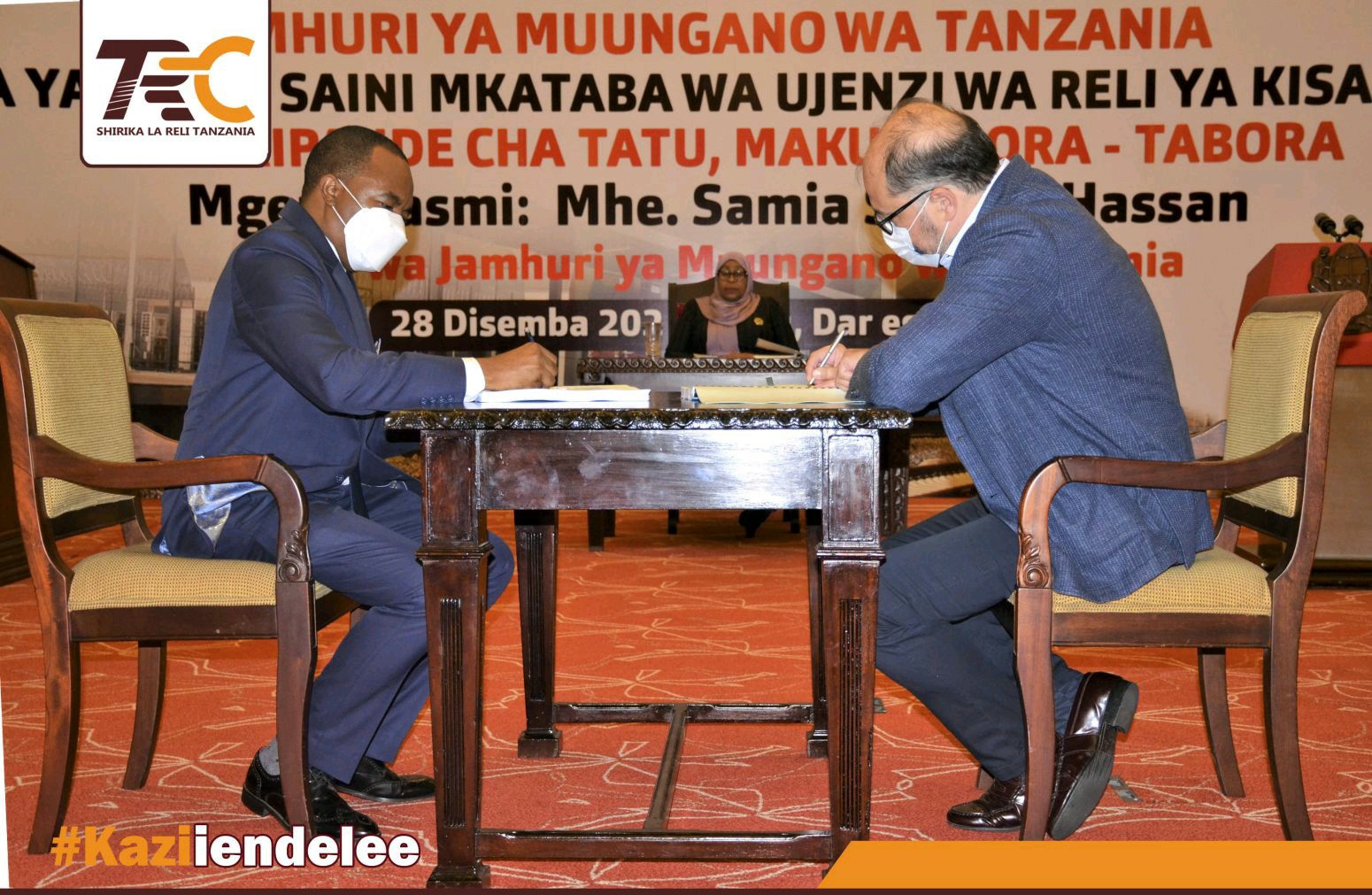Read more
On Monday this week, Senegalese President Macky Sall laid the foundation stone for the new $1.13bn Ndayane deep-water port, 50km south of Dakar. The project is led by a joint-venture of DP World of Dubai and the Dakar Port Authority and represents so far the biggest private investment in Senegal. According to DP World, the first phase will include 840 metres of quay and a 5 km marine channel designed to handle 366-metre vessels, with a second phase adding 410 metres of container quay and further dredging to handle 400-metre vessels. The Dubai-based logistics giant will notably develop and operate the 300-hectare container terminal, as well as finance and design the land and maritime infrastructure for the port. In October last year, the UK’s development finance institution and impact investor CDC Group (CDC) announced a partnership with DP World to invest into Africa’s trade and logistics infrastructure. Under this long-term partnership, DP World had notably committed to invest a further $1bn into existing ports in Dakar (Senegal), Sokhna (Egypt) and Berbera (Somaliland).
Just after Christmas, President Macky Sall of Senegal inaugurated the long-delayed railway line linking Dakar to the new city of Diamniadio. The new service can transport over 100,000 people across the 36km between Dakar and Diamniadio, and currently counts 14 stations. It will ultimately link Dakar to the Blaise-Diagne International Airport (AIBD) in less than 1h. The €1bn project is a cornerstone of Macky Sall’s infrastructure development strategy and is seen as critical to decongest Dakar’s peninsula. The service is called “Train Express Regional”, or TER, after the commercial brand of France’s railway company SNCF. It is the first such train to operate in Africa. France’s participation via the SNCF and the RATP had been announced by President Macky Sall back in 2016. A Framework Agreement had eventually been signed covering the operations & maintenance of the TER by both French companies. The new operating company, called SETER, counts SNCF’s subsidiary Keolis and RATP’s subsidiary RATP Dev. as shareholders. The project was built by a consortium of Eiffage of France, Yapi Merkezi of Turkey and Senegal’s Compagnie sahélienne d’entreprises (CSE). Its systems and technology were conceptualized and developed by French companies Engie and Thales and include the ERTMS2, one of the world’s most sophisticated rail traffic management system. The trains themselves were manufactured and delivered by French contractor Alstom.

